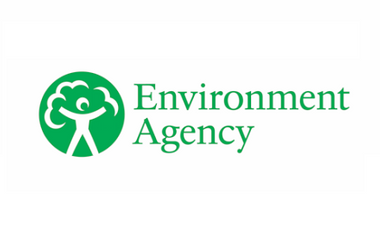Businesses that broke waste regulations have paid £19.8m in enforcement undertakings (EUs) to environmental charities over the past six years, according to official figures.
Data obtained by Civil Society News through a freedom of information request showed that the Environment Agency accepted 368 EUs between 2017 and 2022.
Last year, the Environment Agency accepted 34 EUs only, with offenders pledging £1.5m to environmental charities.
Declining amounts since 2020
EUs are a type of civil sanction that allow businesses in breach of environmental regulations to offer to correct the damage caused and put in place measures to prevent the offence from happening again.
If the Environment Agency accepts the offer, it becomes legally binding and the offender will not be prosecuted for the offence.
The agency said that the use of EUs has increased over the past decade for first-time offenders, less serious cases and instances where it can promote better practice for the future.
Figures from the agency published in response to the FOI request show that it accepted 67 EUs in 2017, with financial contributions to environmental charities amounting to £2.9m.
In 2018, the highest amount of money (£4.7m) was paid to charities through 66 EUs.
Then in 2019, £3.7m was paid to charities through 58 EUs.
The year 2020 saw the highest number of accepted EUs (87), with £4.3m going to environmental charities.
In 2021, £2.6m went to charities through 56 EUs.
According to data published by the agency, Yorkshire Water Services Limited has donated hundreds of thousands to Yorkshire Wildlife Trust since 2018 following sewage pollution incidents.
Meanwhile, the largest donation made through an EU to a charity between June and December 2022 was £100,000, when Muller UK & Ireland Group Limited Liability Partnership donated to Shropshire Wildlife Trust after the unauthorised discharge of processing effluent.
Related articles












